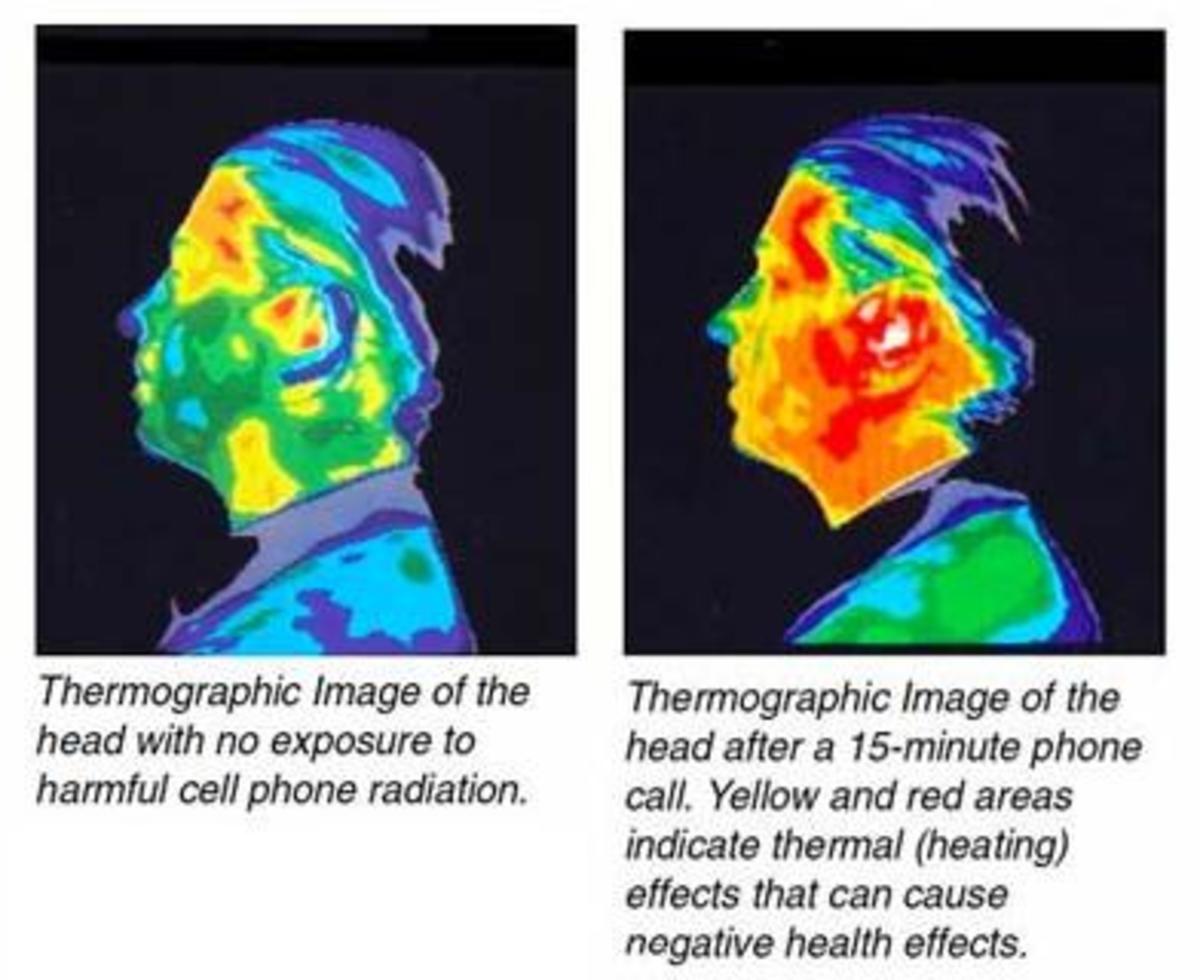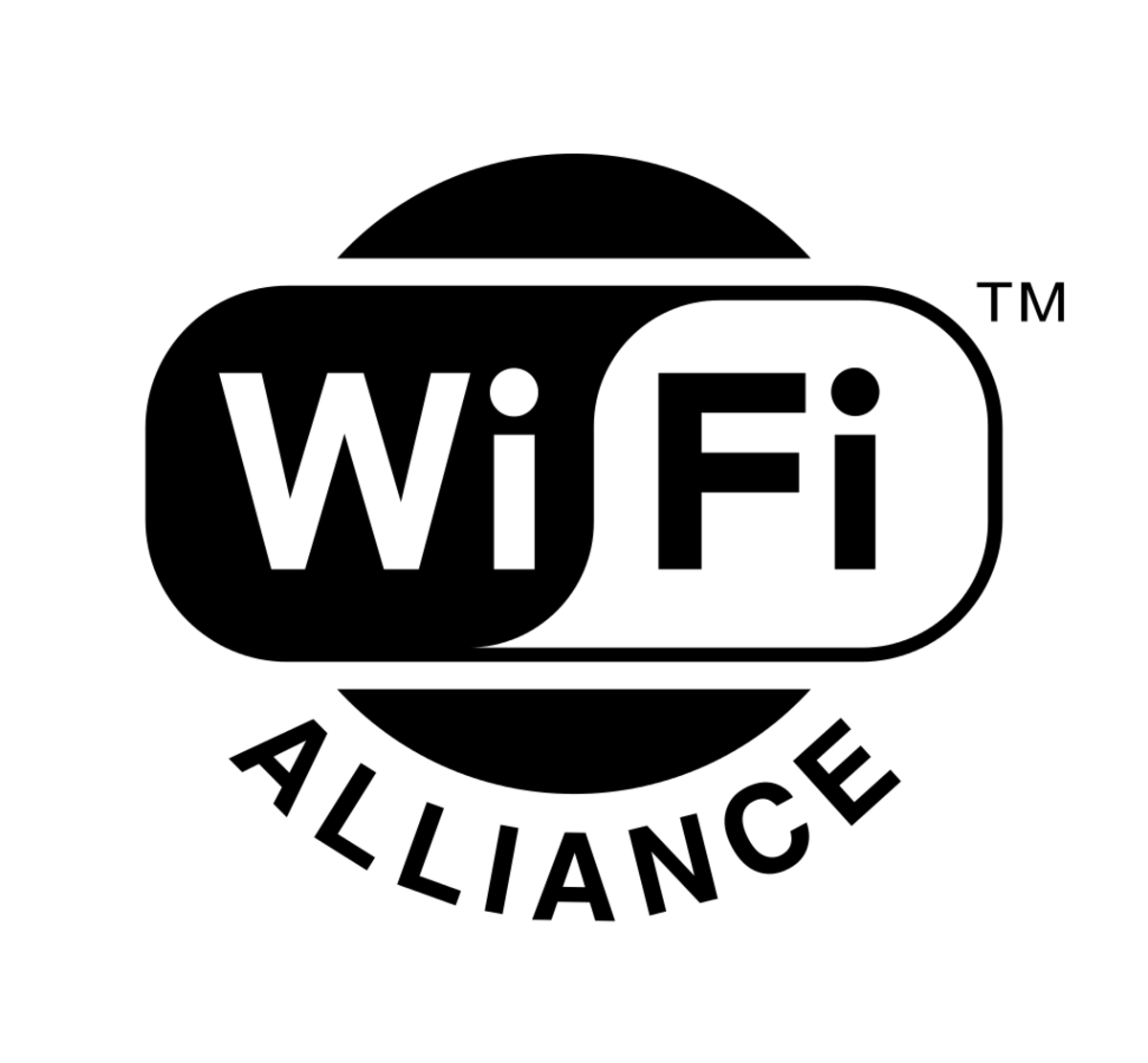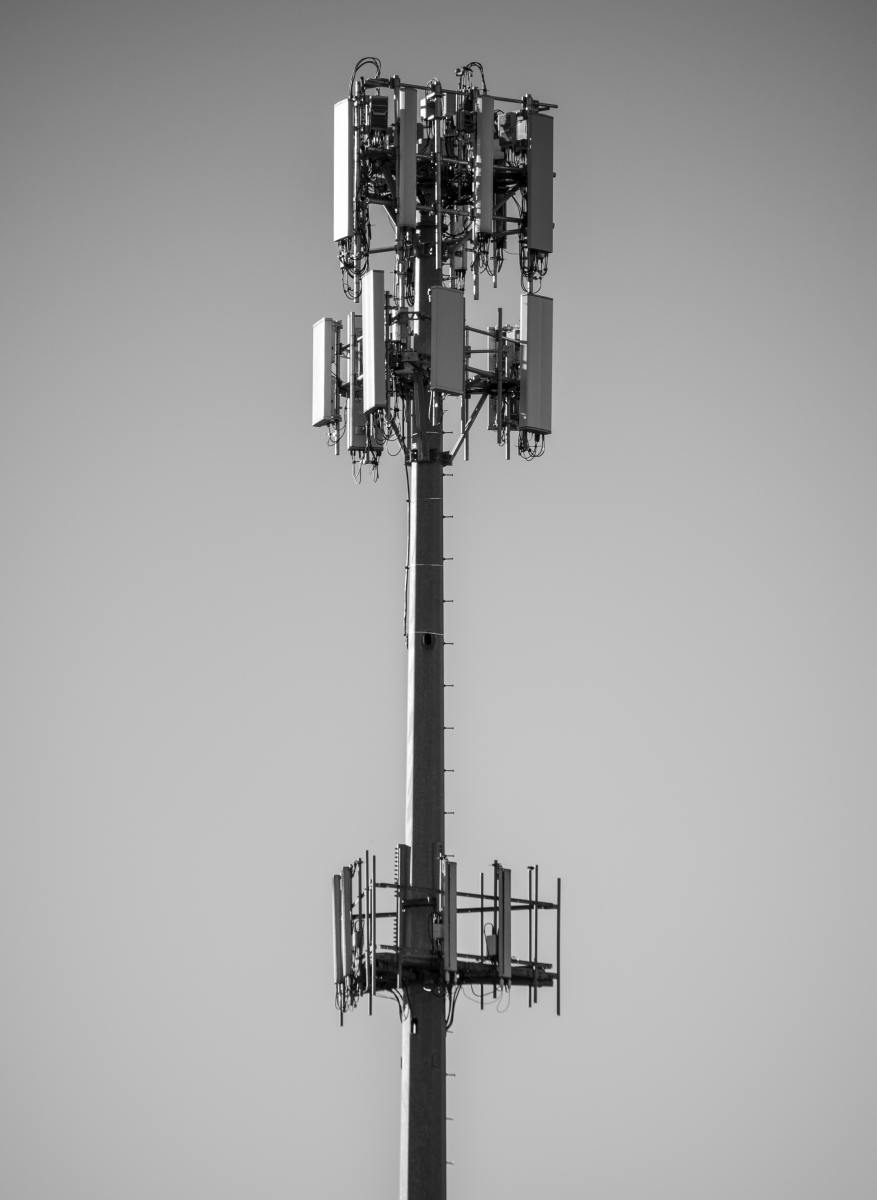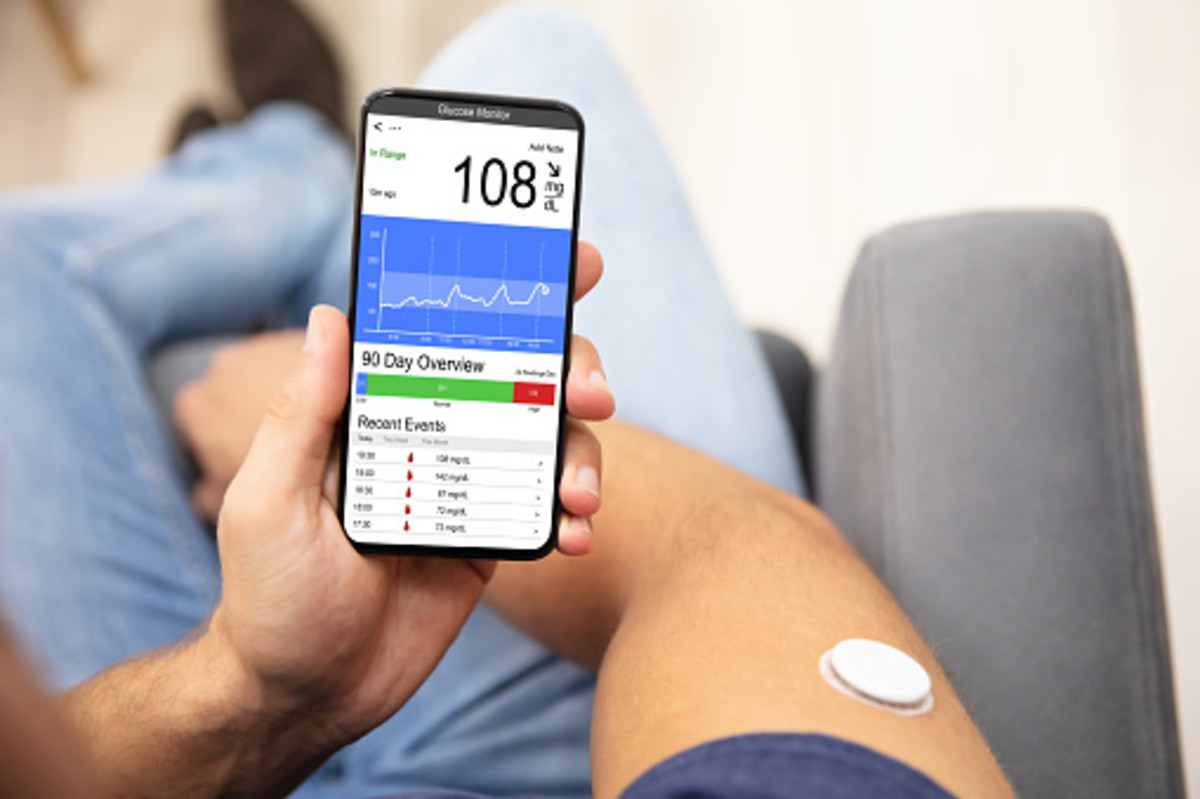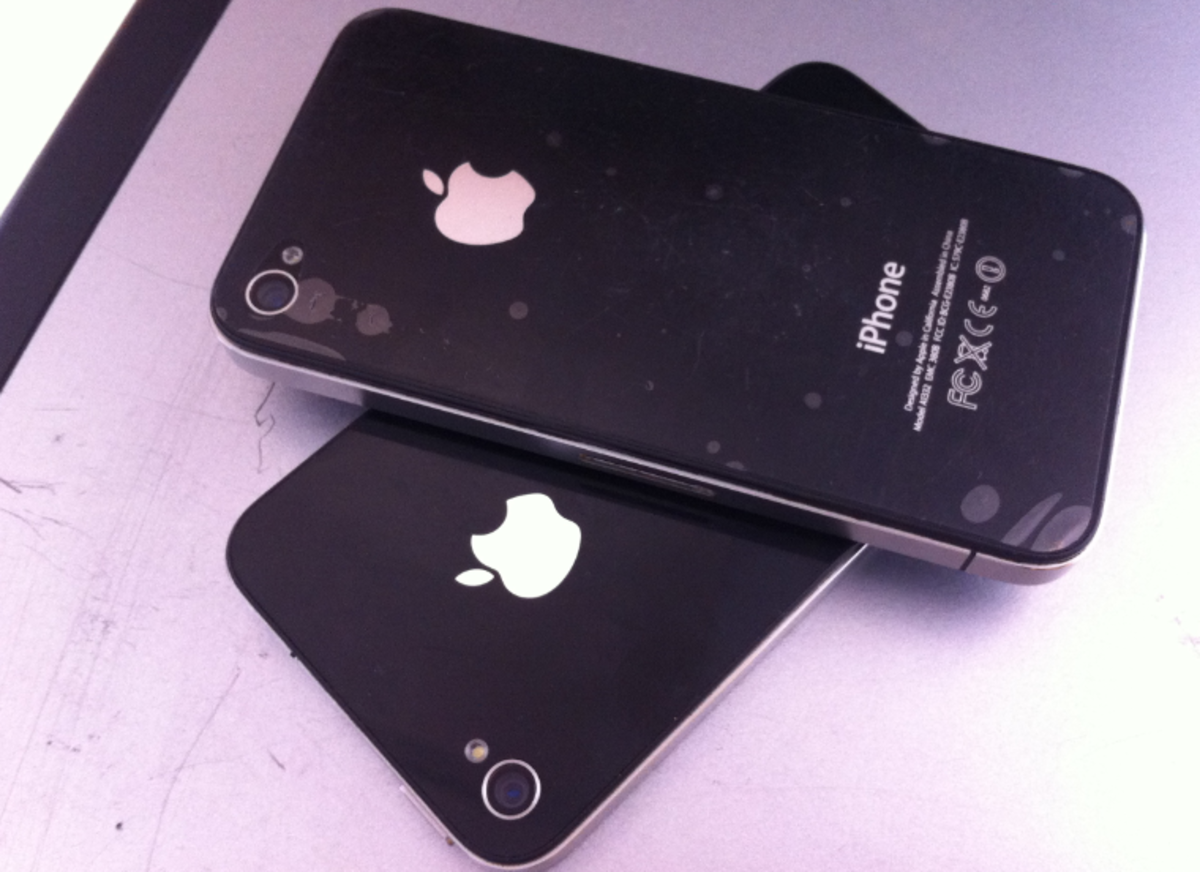Health concerns over wireless technologies
Spectrum of EM radiation
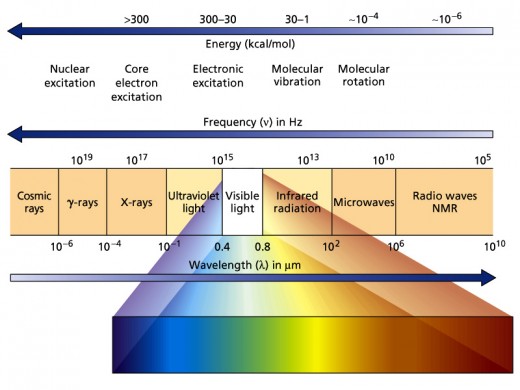
Do you think Bluetooth technologies will prove dangerous to one's health?
This perpetuates the idea that everything causes cancer.
After analyzing more than 100 studies on the effects of cell phone use, British neurosurgeon Vini Khurana told the Independent of London that cell phone use could increase one's risk of brain cancer. Ten years could double one's chances of developing brain cancer or a malignant brain tumor. Khurana believes the risk is so great that he has urged governments and other groups to act to reduce the amounts of radiation emitted from cell phones.
Cell phones, which emit radiation typically at frequencies from 1 to 2.5 gigahertz (GHz), are not the only wireless devices causing concern. Even Bluetooth devices put out radiation, from 1 to 100 mW (milliwatts), and range from 2.4 GHz to 2.4835 GHz on the microwave frequency spectrum. Wireless LAN, or WiFi, has transmission power of around 35 mW, sometimes up to 200 mw at its strongest. Remote controls for gates, wireless security camera and alarm systems, and radio communication devices are just some of the other devices included in the category under scrutiny.
While Khurana's study is in the works for publication in science journals and for peer review, the Mobile Operators Association said that one opinion is not enough to influence changes in policies concerning wireless objects. The group cited the findings of the World Health Organization, which established the International EMF Project in 1996 and found that exposures of wireless devices are below the limits recommended in the ICNIRP (1998) EMF guidelines, covering the full frequency range from 0-300 GHz, and do not cause health problems.
The U.S. and Canadian governments have set a maximum specific absorption rates (SARs) of 1.6 watts per kilogram.
More than 30 studies have been conducted on the effects of low-power electromagnetic fields, and none have shown a link between EMF (electromagnetic fields) and symptoms reported by those with electrosensitivity, thus suggesting that symptoms may be caused by other factors, including stress and even psychosomatic illness.
There is talk that living in big cities where technology is widely used can contribute to one's danger of developing health problems; although danger is said to be lessened because wave signals are dispersed rather than concentrated, so many signals from numerous, environmental sources can have just as many negative effects.
For now, Khurana recommends to keep cell-phone use at a minimum. I feel there's little I can do but try to use my Bluetooth more often.


